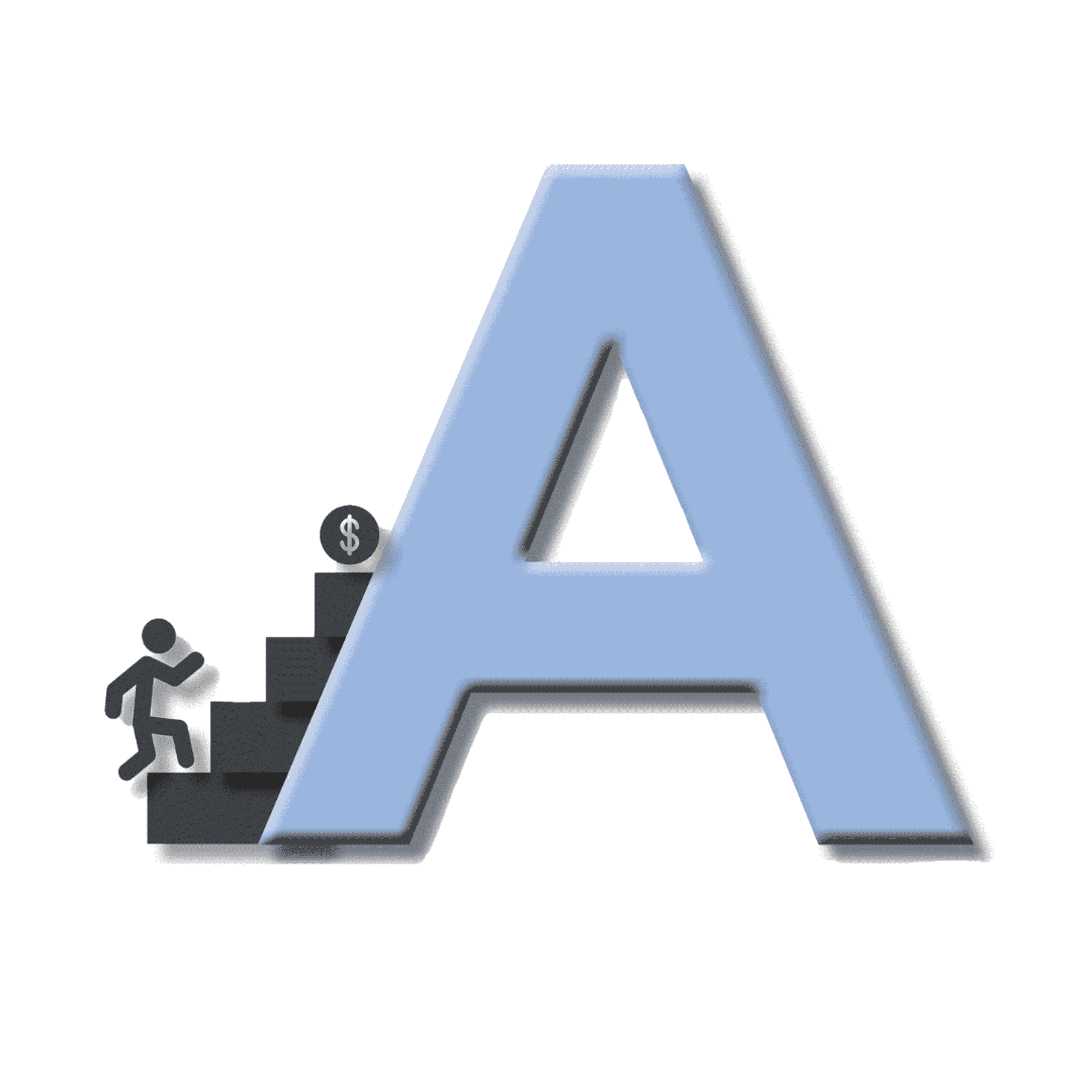Minimum Wage: How it impacts college students
Explore how Missouri's Proposition A, proposing a minimum wage hike to $15, could impact college students juggling work and studies. Will higher wages ease financial strain or fuel inflation?
On September 10 Missouri added Proposition A to the ballot. According to the Missouri Department of Labor, Missouri’s current minimum wage is $12.30 and the federal minimum wage remains at $7.25.
Proposition A proposes increasing the state’s minimum wage to $15 an hour, starting in 2026. In 2025, the minimum wage would first rise to $13.75.. Proposition A also requires employers to provide one hour of sick leave for every 30 hours worked.
How does this affect college students?
Many students work while attending college, often balancing part-time jobs to manage tuition and living expenses.
According to an Urban Institute article titled “Working During College,” their research shows that those working and in school are more likely to drop out or take longer to graduate, even if they do earn degrees.
As college costs have increased, the minimum wage has seen little to no adjustment for inflation, making it difficult for students to afford tuition. Their earnings have been insufficient to cover all the fees.
According to the Urban Institute, the minimum wage has declined since the early 2000s. Today, the same amount of work covers only about 57% of the average cost of a four-year public tuition. While financial aid is often generous, it still falls short for many, making "working your way through college" no longer a viable option.
Would a higher minimum wage benefit students?
College students who work full-time typically have to work more hours to be able to afford bills, tuition, groceries, etc. According to honorsociety.org, students should work no more than 20 hours a week to maintain balance with their classes and homework.
However, many students working on-campus jobs are paid less than the state minimum wage. For example, student workers at SEMO are paid $9.50 per hour, with a maximum of 20 hours per week - earning just $190 before taxes.
In contrast, students who work full or part-time jobs off-campus get paid at least $12.30 an hour. If a student were to work 40 hours a week, they would make $492 a week before taxes.
According to GradesFixer, an online database that provides information to improve academic success, a higher minimum wage would provide students with financial stability. Many students work to pay for tuition, however they struggle to pay for their basic necessities.
By earning more, students could work fewer hours, making it easier to balance their academic and personal lives.
But economically is it really that simple?
While a wage increase might seem like a straightforward solution, the economic impact is more complex.
According to Investopedia, when the minimum wage rises, so do the prices of goods and services, contributing to inflation. Businesses tend to increase prices to compensate for higher labor costs, which can diminish the benefits of higher wages.
Owen Stephens, a junior computer science major, shares mixed feelings about the potential wage increase.
“As a baseline I think it’s good thing,” Stephens said “Entry-level jobs that require minimum wage are worked by people who don’t necessarily need $15 an hour right off the bat.” Stephens said. “Personally, I don’t like it because I think having a lower minimum wage makes for more competitive wages in the job market and it makes it easier to work your way up to a higher wage that way.”
Students like Mekylla Bico, a junior digital marketing major with two jobs, sees the increase as both a benefit and a challenge.
“I think personally, it’d benefit me because it would be easier to pay my bills because I’m paying for mostly everything,” Bico said.
Bico also thinks minimum wage going up isn’t a good thing for the economy, but it will help her pay her bills.
“Personally, I think I’d work more hours. I’d like to be able to save more money and that’s also just my preference about being busy.” Bico said.
Abigail Manners, a junior musical theater major who works from home, believes a higher minimum wage could change her employment choices.
“I think I would be encouraged to look for a normal job. I haven’t worked a normal job in about a year because it just can’t sustain me at all considering the job I have now actually pays much better than any job I could work with the current minimum wage.” Manners said.
Cailey Sharp, a sophomore double majoring in theater and music, feels that minimum wage will directly affect her career path after graduation.
“For sure, right now, the thing I want to do isn’t necessarily a well-paying job when you start off.” Sharp said. “If I could support myself doing the thing I want to do by working another simple job, that would be great.”







